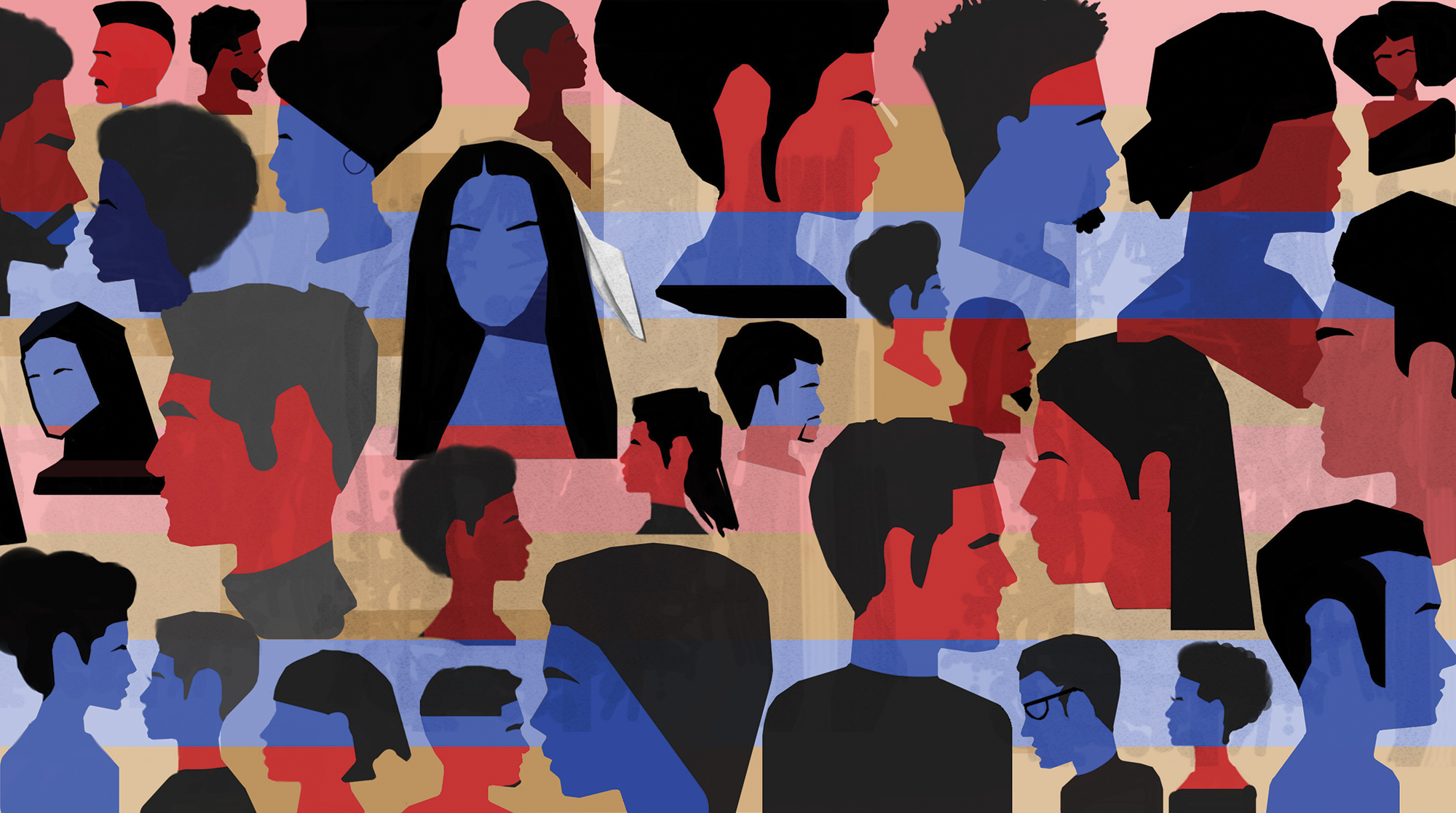

It’s not difficult to understand why underrepresented minority communities were suspicious when they were asked to complete the 2020 U.S. Census. Providing personal information to the federal government, which includes such agencies as Immigration and Customs Enforcement and the Department of Justice, might seem counterintuitive, especially in today’s political climate. But failing to comply with the census could harm those communities by leading to fewer federal resources for schools and valuable programs like Head Start, neighborhood improvement projects and public health. Census information could even affect democratic representation by determining how voting districts are drawn.
That’s why Maggie Fonseca, ’98, ’11, director of the UW’s Samuel E. Kelly Ethnic Cultural Center, decided to do something about it. She met with a representative from the Census Bureau last fall to explore how it could educate underrepresented minority communities about the benefits of participating. The ECC was a natural fit as a place for students to stand up and be counted, given how the Office of Minority Affairs & Diversity works with 5,700 first-generation or low-income/minority students. Between 3,000 and 4,000 students use the ECC every week.
Many staff and students didn’t realize that there are no citizenship questions on the Census form. In addition, no personal information is ever shared with ICE or the Internal Revenue Service. “We wanted our staff and students to see the value in trusting these entities,” Fonseca says.
The ECC outreach efforts did not stop with the Census. It also partnered with United Way of King County to promote the agency’s free tax-preparation program and opened its doors to work with Seattle-King County Public Health. “We know a lot of our students and their families don’t have access to affordable health care,” says Fonseca, who has worked at the ECC for the past 21 years. Health department staff made students aware of cash-assistance programs, options to access health care, and even help with utilities.
Deciding to apply for help with utilities or to file for an earned income tax credit could benefit a person who has a low income and minority status. Yet not everyone who could pursue those benefits actually decides to. Crystal Hall, associate professor in the Evans School of Public Policy & Governance, is an expert on how people living in poverty make decisions. “There are assumptions that they make poor decisions and that’s what keeps them in poverty,” she says. “Actually, it is the reverse. It is living in poverty with a scarcity of resources and the stigma of race and poverty that affect decision-making.”
Think about it: If you don’t have enough time, or money, or food, and you’re wondering how you are going to make rent or get some badly needed health care, most of your mental activity is engaged in survival.
“As we look at the current situation (of COVID-19), the racial and health disparities are as enormous as the economic disparities,” Hall says. “We also know that the folks at the lowest income levels are the slowest to bounce back.”
Reaching students while they are at the ECC is a simple and effective way to provide information that will benefit students from underrepresented minority communities and their families.
Kenny A. Nguyen, ’20, was delighted to get the assignment to create the illustration for this story. A former work-study student who commuted to the Seattle campus from Tacoma, he graduated in June with a bachelor’s degree in art. The story he worked on holds particular meaning to him. “Growing up as a first-generation student around many more like me meant that our parents getting deported was something to be wary of,” he explains. “he language barrier that exists also made it difficult for my parents to deal with government documents.”